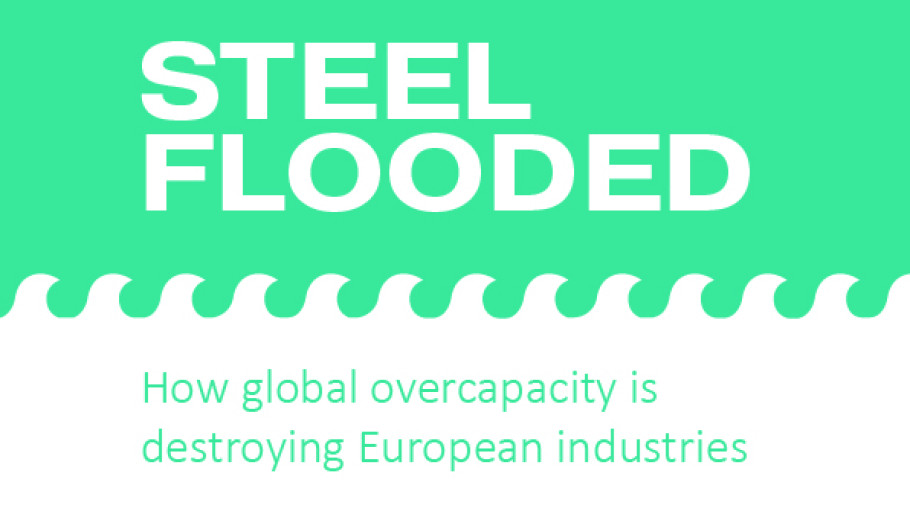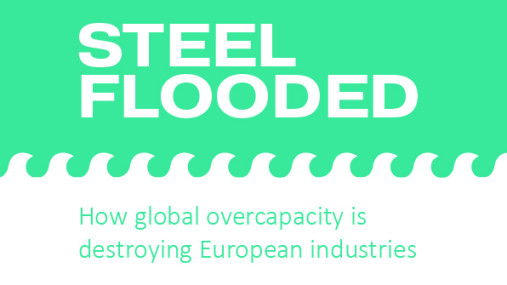

Steel is a fundamental pillar of a healthy economy, essential for infrastructure, construction, and industrial development. Industrialisation typically starts with the establishment of a domestic steel industry.
However, some formerly developing countries struggle to scale down their steel production once they reach a mature industrial stage. Meanwhile, other countries continue to expand their steel industries, often guided by government strategies aimed at boosting exports. This dynamic has led to production capacities far exceeding global demand.
As of 2024, global steel overcapacity exceeded 602 million tonnes - more than 4 times the EU’s total annual steel consumption – and is projected to rise to 721 million tonnes by 2027. Despite the growing mismatch, capacity reductions are frequently delayed or avoided due to government intervention, resulting in entrenched structural overcapacity and significant market distortions.
As a consequence, EU steel trade deficit has massively widened since 2021. A positive trade balance in finished steel products of 11 million tonne in 2013 has turned into a deficit of 10.7 million tonnes in 2024.
Find out more details in our full fact-sheet available for download below, covering:

Download this publication or visit associated links
Brussels, 20 February 2026 – EU steel exports to the United States fell by 30% in the second half of 2025 compared to the same period in 2024, after the imposition of 50% tariffs according to new Eurostat data. The expansion of the U.S. tariff regime to include downstream steel-intensive products, such as machinery and equipment, is expected to amplify its impact on both EU steel producers and their customers. The European Steel Association (EUROFER) said the figures underscore the need for any EU-US trade agreement to be fair, balanced and enforceable.
Joint Industry Statement
Brussels, 11 February 2026 - The European Steel Association (EUROFER) has backed a call to action adopted by European companies and industries in Antwerp today, which includes a demand on the EU to take urgent action to bring electricity prices down as a condition for Europe’s industrial drive, competitiveness and economic resilience.